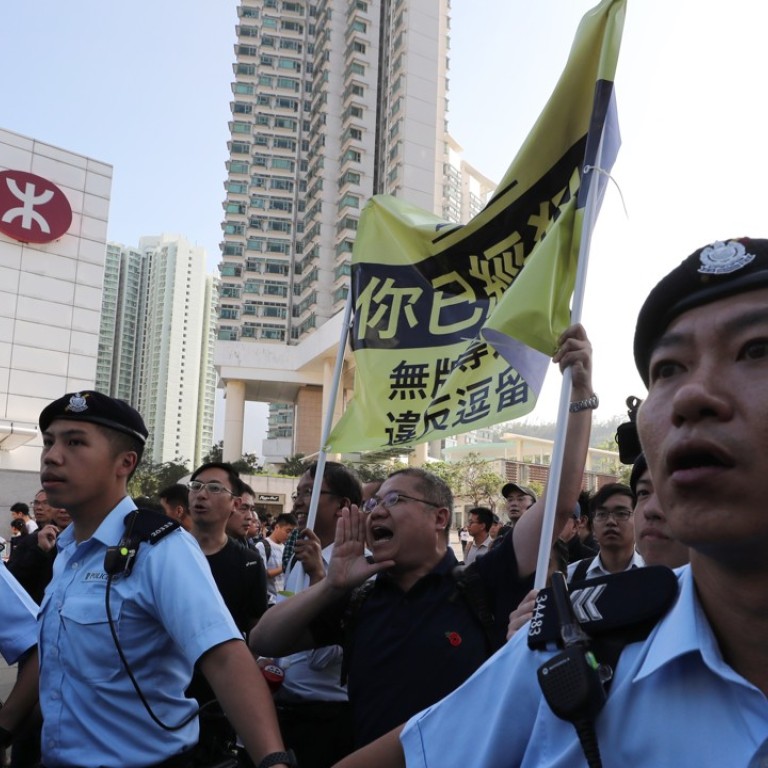
Hong Kong gets the crowds it wants from building the mega bridge. Oops
- Alice Wu says officials’ failure to foresee the disruptive visitor influx from the newly opened Hong Kong-Zhuhai-Macau Bridge boggles the mind, but is hardly the only example of government incompetence. Think Typhoon Mangkhut travel chaos, for one
Why else would the bridge be built, if not for the easier movement of people and goods? But yet, the government has completely failed to anticipate what the bridge could bring to Hong Kong – in terms of both the number of visitors and the number of problems. The problems involving insufficient numbers of “golden buses” – shuttle buses that take visitors between the three ports – and the long queues for clearing Hong Kong customs and immigration were shocking because they’re such “low-level problems”, and we have come to expect more from the government.
It’s not rocket science, really, to expect fallen trees after a typhoon or an increased numbers of tourists swamping areas closest to the point of entry. But, yet, our government was caught by surprise.
It’s hard to believe officials went into this bridge project blind. It would seem they were only concerned with the time and cost of construction. The government was blind to what the bridge would mean for Hong Kong – beyond dressed-up figures showing economic benefits and fancy slogans about creating an economic hub – in terms of how it would affect the everyday life of ordinary Tung Chung residents: we are talking about noise levels, the length of queues for public transport and at neighbourhood restaurants, and other daily disruptions.
It’s not that the government doesn’t have the resources, either. It has data it can use as a reference and, given the delays to the project, it had plenty of time. The government just didn’t do its job; its errors are of the most elementary kind.
The loss of public faith is damaging to the government. Worse than that, the failure to have a clear and accurate picture of the health of the public purse has been the excuse for its failure to channel sufficient resources into resolving long-standing issues. We are talking about public policies – not piecemeal bread and circuses – that address real needs in our society. This incompetence has apparently infected other government departments as well.
It’s not national education Hong Kong needs. Nor is it a stronger sense of national identity. What we really need is a government that can handle basic public administration – forecasting, impact assessment and coordination.
Alice Wu is a political consultant and a former associate director of the Asia Pacific Media Network at UCLA

